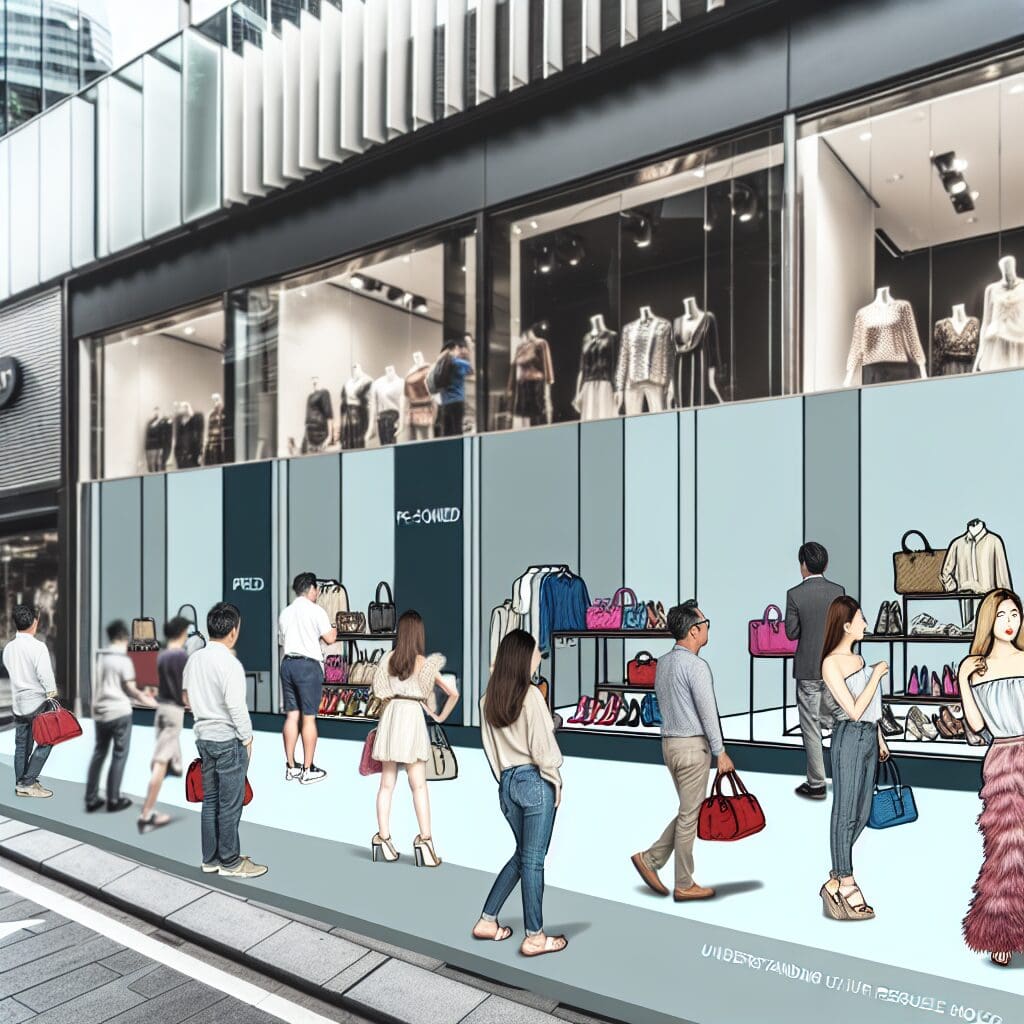The luxury resale market in South Korea is witnessing significant transformation, driven by increased consumer engagement and evolving purchasing behaviors. According to Morgan Stanley, Koreans spend an average of $325 annually on luxury goods, placing them among the highest global spenders. This trend aligns with global statistics where the secondhand luxury market reached approximately $49.3 billion in 2023, indicating a growing preference for pre-owned items as consumers seek sustainable, budget-friendly options.
Bunjang, a leading South Korean mobile re-commerce platform, exemplifies how digital solutions are reshaping this landscape. Founded in 2011, Bunjang recorded over $1.8 billion in transaction volume in 2023, with a significant share driven by Gen-Z and Millennial consumers. These demographics prioritize unique experiences and products, viewing secondhand luxury as both environmentally conscious and a reflection of personal style.
CEO Jaewha Choi is spearheading strategies designed to amplify this market’s growth. Bunjang’s focus on enhancing consumer accessibility, sustainability, and community-building through events like flea markets is reshaping cultural perceptions historically linked to secondhand shopping as a sign of financial constraint.
Moreover, Bunjang’s authentication service, “Bungae Care,” addresses concerns surrounding product authenticity, crucial for increasing consumer trust in the resale sector. With innovations in logistics, such as streamlined product verification and AI-driven personalized shopping experiences, Bunjang is paving the way for both domestic and international expansion.
This robust growth in South Korea’s luxury resale market not only reflects changing consumer habits but also suggests a promising future where secondhand luxury becomes an integral part of the broader retail strategy, catering to the increasing demand for sustainable and unique fashion choices.












